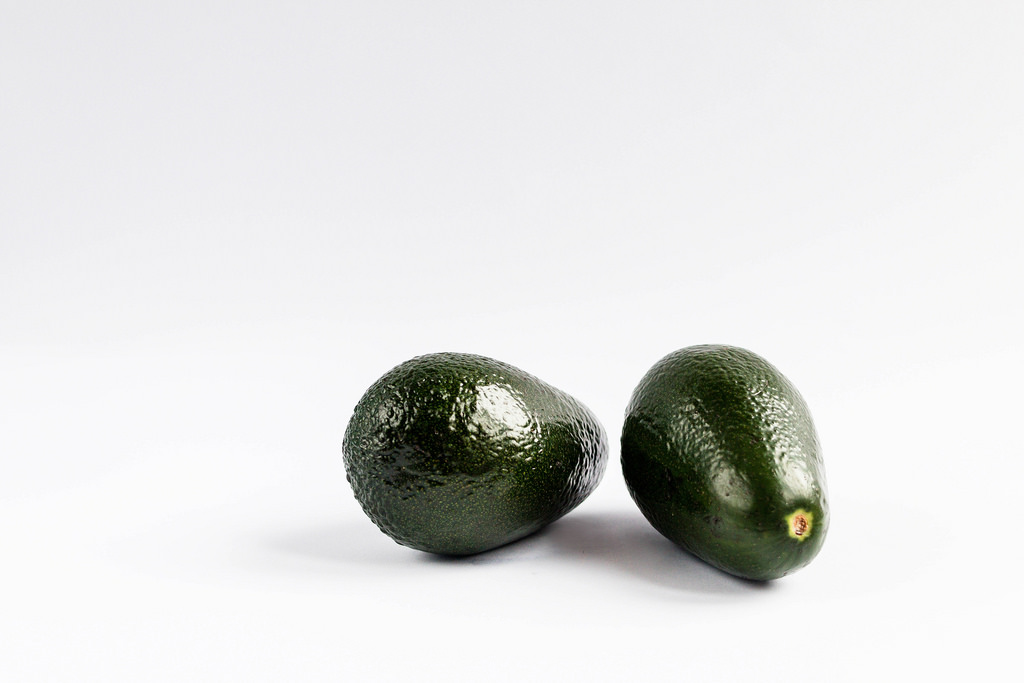
Redbrick’s Hannah O’Reilly sheds light on the problematic politics of our generation’s most idolised fruit
It’s something we never truly thought would happen, but the current controversy surrounding the fruit means that the avocado, the icon of millennial cuisine, may be coming to the end of its reign. It would be very hard to miss the obvious growth in popularity of avocados, as the once rare fruit has become a great deal more accessible, due to the powerful driving force of the avocado business in Southern America. It’s in everything we eat, a pattern for our curtains, a replacement for your latte cup – and there are a mere 6 million posts on Instagram hash-tagged ‘avocado.’ It’s safe to say the demand is astronomical, and the avocado business in Mexico is currently valued at £1.2 billion a year – there’s a reason they’ve been crowned ‘the golden fruit’.
“It’s safe to say the demand is astronomical, and the avocado business in Mexico is currently valued at £1.2 billion a year - there’s a reason they’ve been crowned ‘the golden fruit’
However, this situation is clearly too good to be true; as the business rose the avocado industry spiked the interest of the Latin American drug cartels. The miracle fruit was seen to be an easy way to get more cash, and lead to gangs demanding avocado farmers for a share in the profits. Upon refusal, orchards have been mercilessly burned to the ground, and a 2014 report showed that the infamous Knights Templar gang managed to extort $152 million from these ‘blood avocados,’ and the unwilling farmers in Michoacán, west Mexico.
Because of this compromise of ethics, various restaurant and cafe owners have made the executive decision to actually stop selling avocado and using it in their recipes. According to The Guardian, Katy Brill, owner of The Wild Strawberry Cafe in Buckinghamshire, is one of many to cut the fruit out of the cafe’s dishes, despite once serving 1,000 avocado dishes each week. ‘Primarily, I just felt that it didn’t fit with my ethos of using local food,” she says. “If you can eat within the season and source your food locally, that’s always going to be sustainable because it’s not going to have travelled so far.’
“2014 report showed that the infamous Knights Templar gang managed to extort $152 million from these ‘blood avocados,’ and the unwilling farmers in Michoacán, west Mexico
Similarly, The Guardian documented that Wildflower, a vegetarian restaurant in Peckham, has also left avocados out of the picture due to the worry about the impact on the locals, drawing parallels with the influx in popularity of quinoa from South America. As well as the environmental concerns, The head chef, Joseph Ryan, has suggested that avocados have actually reached their peak in popularity. As is the way with these trends, the excessive use and intense popularity will eventually lead to a hunger for something new. ‘I think I probably just peaked’, Ryan adds, ‘I thought to myself: “I’m a bit over this really”.’
The light shed on these trendy green gods, by reports and studies such as these, might alter our relationship with avocado toast forever. Should we stop buying avocados entirely? Is there more research into the provenance of these fruits, that we could be doing before we buy them? Such questions surface when corruption arises from surges in popular consumerism- is the Avocado here to stay or go?
Comments